Inflammatory Bowel Disease In Horses
Inflammatory bowel disease in horses. The physical presence of these cells causes inflammation and malabsorption of dietary. Boshuizen B Ploeg M Dewulf J. As in other species including humans IBD occurs due to the influx of inflammatory cells into the walls of the small and large intestine.
Diagnosing and treating inflammatory bowel disease IBD in horses can be challenging for veterinarians and horse owners. Diagnosis is based on clinical signs low serum protein concentration possible thickened bowel identified by ultrasonography or on rectal palpation malabsorption and intestinal or rectal biopsy. This was a very unusual case and Inflammatory Bowel Disorder is considered a rare disease in horses.
May be related to changes in motility of the gut of your horse Diarrhea Poor condition. However weight loss is a common cause of worry for owners. Should your horse be experiencing inflammatory bowel disease you may notice the following signs.
Equine inflammatory bowel disease IBD is a challenge to diagnose adequately treat and manage. BMC Vet Res 14 21 2018. Inflammatory bowel disease IBD in horses.
If you are worried about your horses condition ask a vet to do a clinical exam and body condition score BCS. Taylor et al 2006 found that in horses with neoplasia the median time from onset of clinical signs to death or euthanasia was 19 months. Clinical signs of IBD in the horse include weight loss colic lethargy and dependent edema often associated with enteric protein loss and malabsorption of nutrients including glucose described the researchers.
Chronic weight loss Lack of appetite Fever Peripheral swelling Skin lesions Recurring or intermittent stomach pain. Inflammatory bowel disease IBD in horses. Proliferative enteropathy in juvenile horses caused by Lawsonia intracellularis is considered by some authors to be an equine inflammatory bowel disease but thickened intestine in affected horses is caused by hyperplasia of enterocytes in the intestinal mucosa.
Infectious causes of inflammatory bowel disease such asLawsonia intracellularis Lawsonia intracellularis andRhodococcus equi Rhodococcus equi. Acid-fast bacteria may have been found in the intestinal tissue of some horses affected by granulomatous enteritisMycobacterium aviumwas identified in the majority of these cases.
Infectious causes of inflammatory bowel disease such asLawsonia intracellularis Lawsonia intracellularis andRhodococcus equi Rhodococcus equi.
Diagnosing and treating inflammatory bowel disease IBD in horses can be challenging for veterinarians and horse owners. Clinical signs of IBD in the horse include weight loss colic lethargy and dependent edema often associated with enteric protein loss and malabsorption of nutrients including glucose described the researchers. The physical presence of these cells causes inflammation and malabsorption of dietary. Horses with IBD may show outward signs including recurrent colic diarrhea weight loss and low energy levels. Diagnosis is based on clinical signs low serum protein concentration possible thickened bowel identified by ultrasonography or on rectal palpation malabsorption and intestinal or rectal biopsy. Chronic weight loss Lack of appetite Fever Peripheral swelling Skin lesions Recurring or intermittent stomach pain. Boshuizen B Ploeg M Dewulf J. Depending on the main type of inflammatory cells involved several dif-ferent types of IBD are histopathologically distinguished. A retrospective study exploring the value of different diagnostic approaches.
This was a very unusual case and Inflammatory Bowel Disorder is considered a rare disease in horses. Possible role forMycobacterium pseudotuberculosissimilar to Johnes disease in cattle. A review of reported cases of inflammatory bowel diseases IBDs of horses for which no etiology was identified included cases of granulomatous enteritis GE multisystemic eosinophilic epitheliotropic disease MEED lymphocyticplasmacytic enterocolitis. Infectious causes of inflammatory bowel disease such asLawsonia intracellularis Lawsonia intracellularis andRhodococcus equi Rhodococcus equi. A review of reported cases of inflammatory bowel diseases IBDs of horses for which no etiology was identified included cases of granulomatous enteritis GE multisystemic eosinophilic epitheliotropic disease MEED lymphocytic-plasmacytic enterocolitis. As in other species including humans IBD occurs due to the influx of inflammatory cells into the walls of the small and large intestine. A retrospective study exploring the value of different diagnostic approaches.
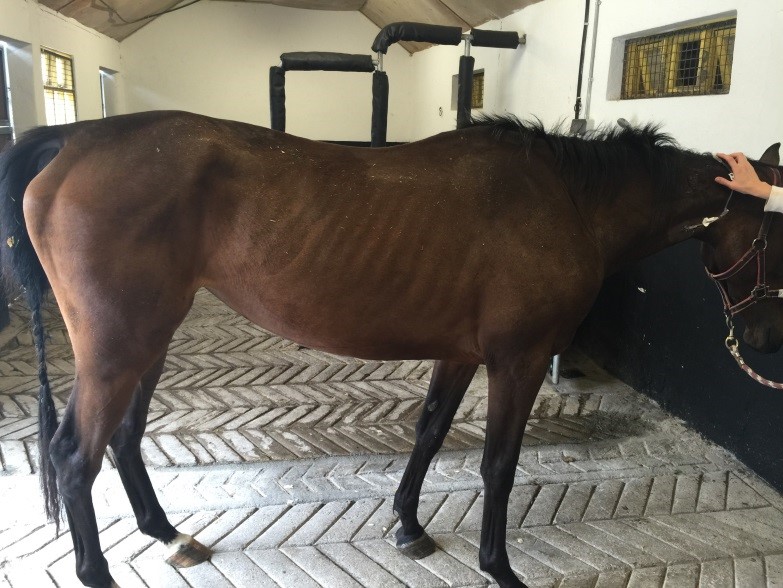
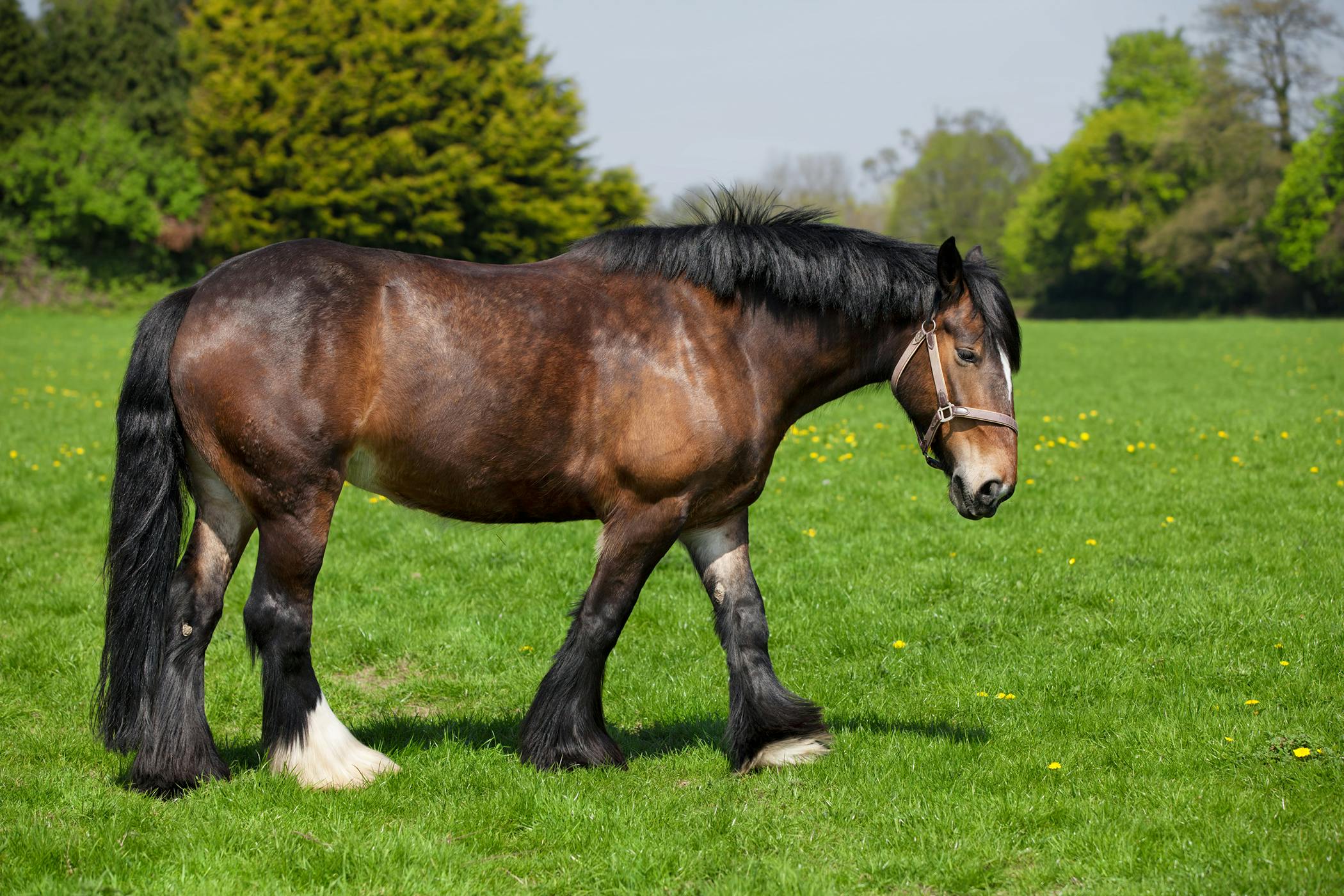








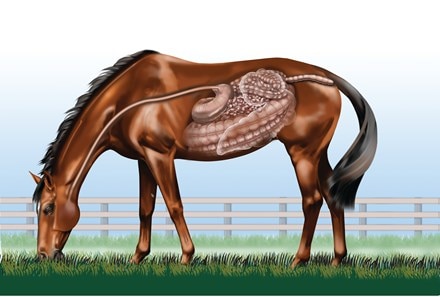
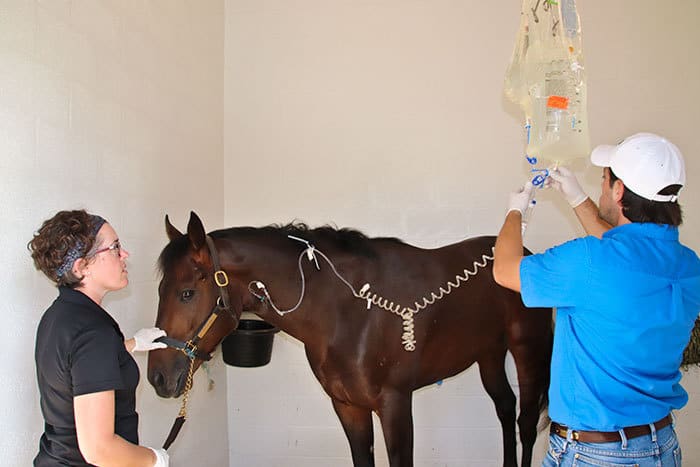
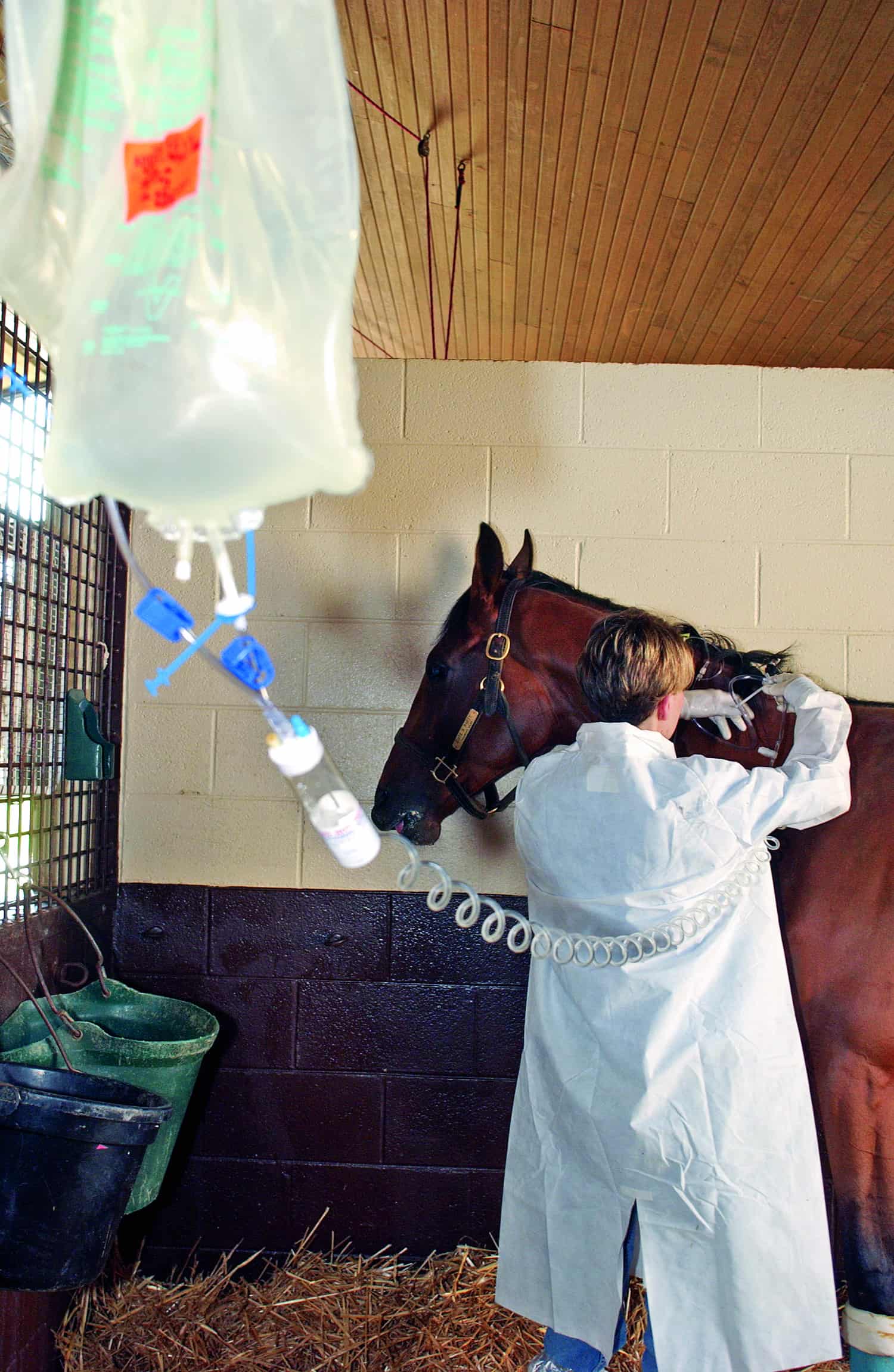

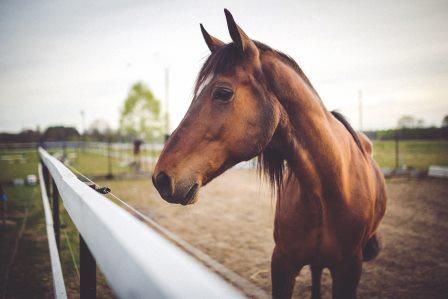
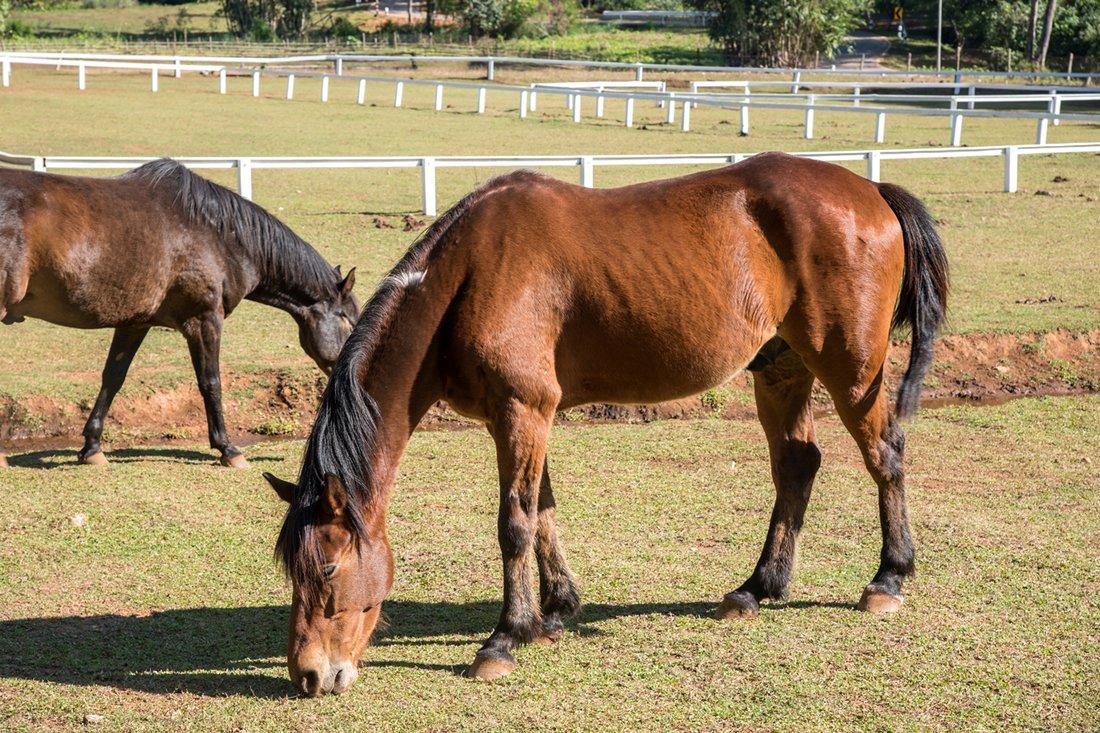




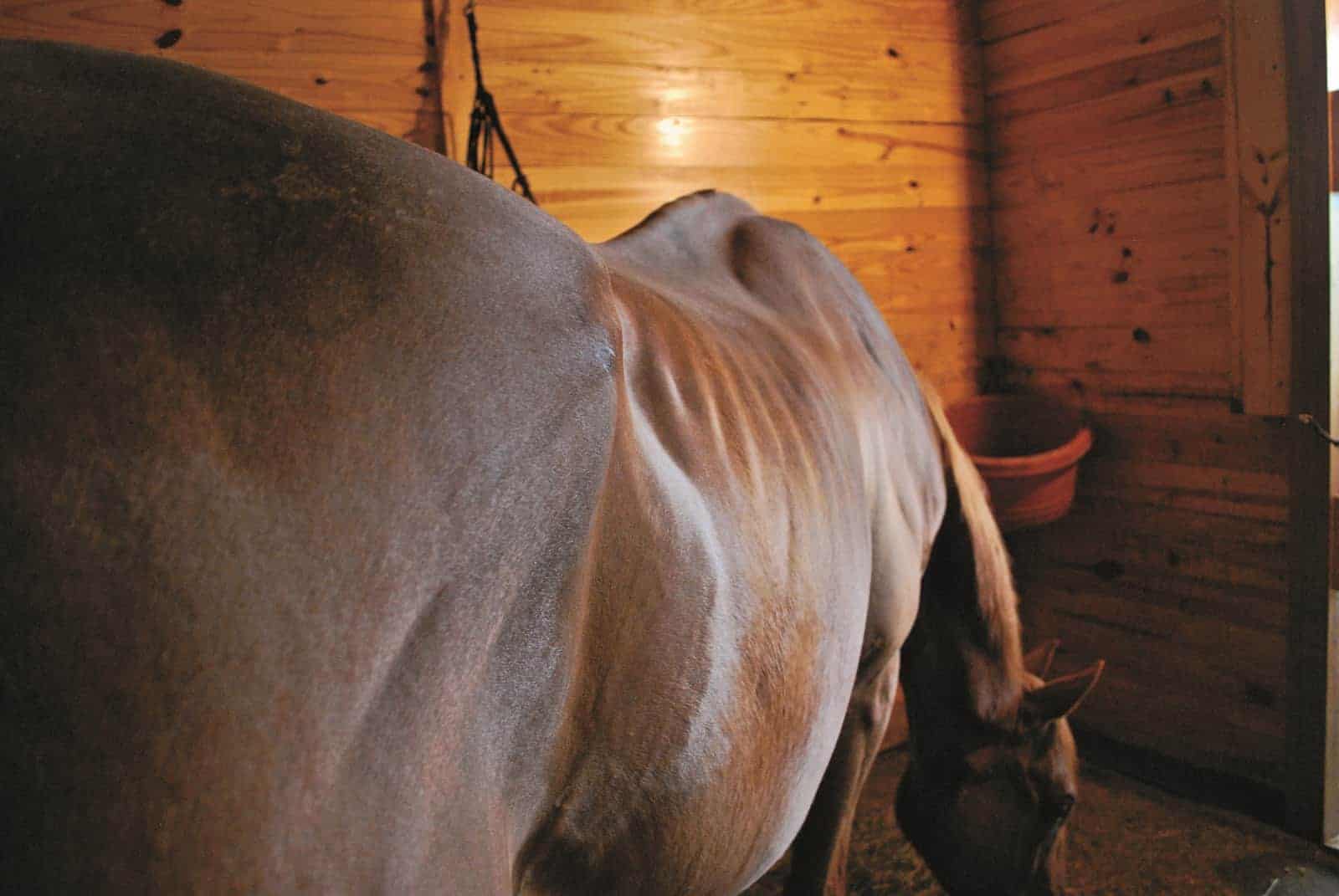
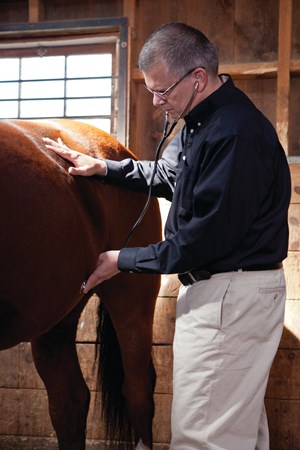

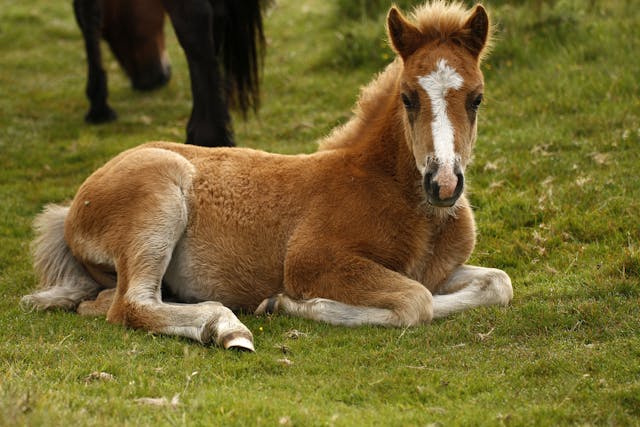

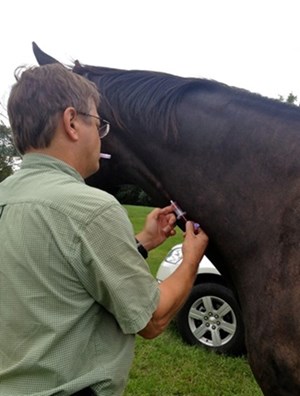





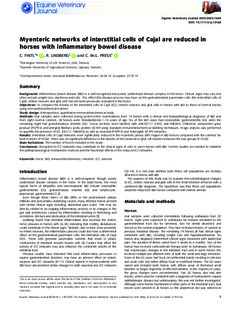
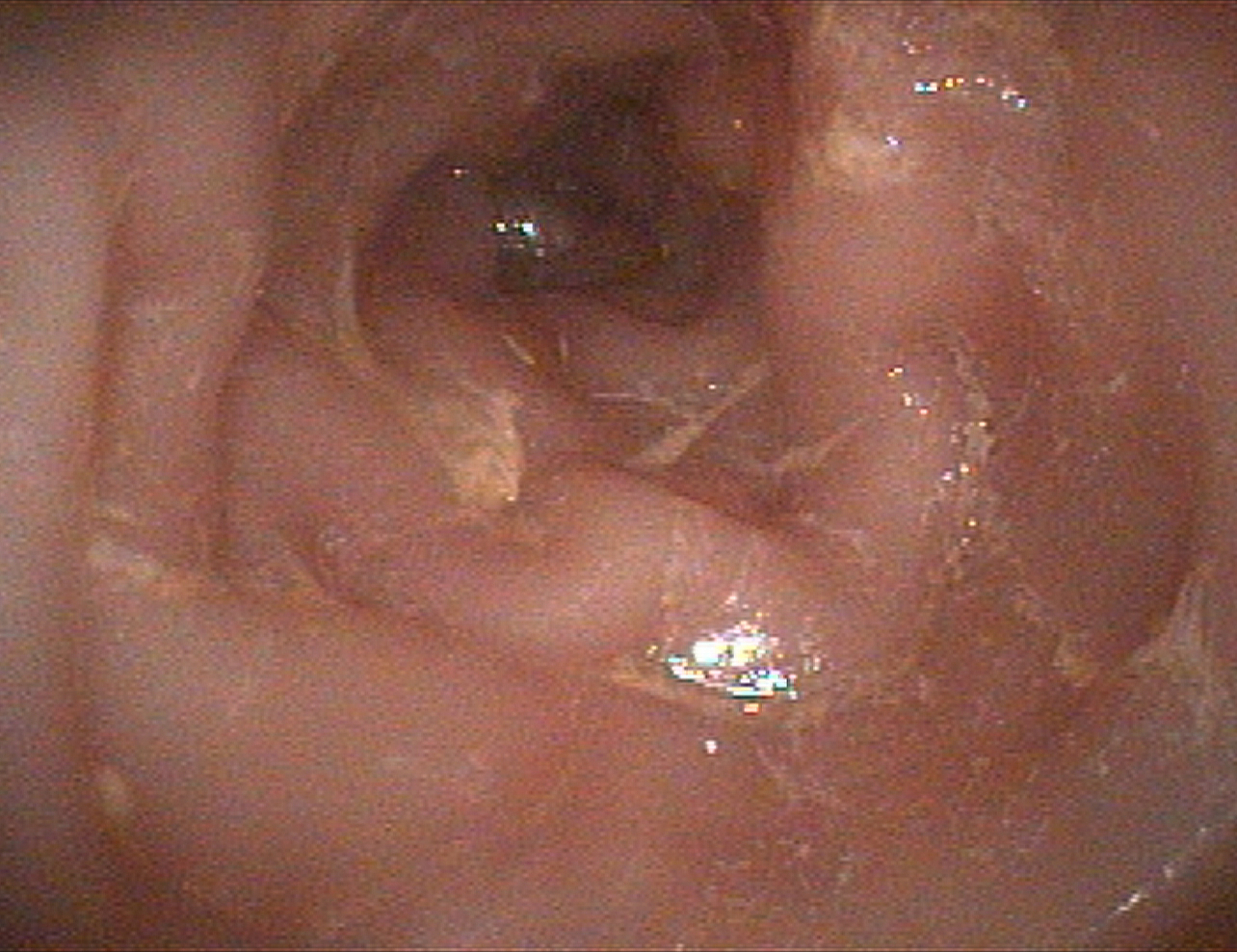

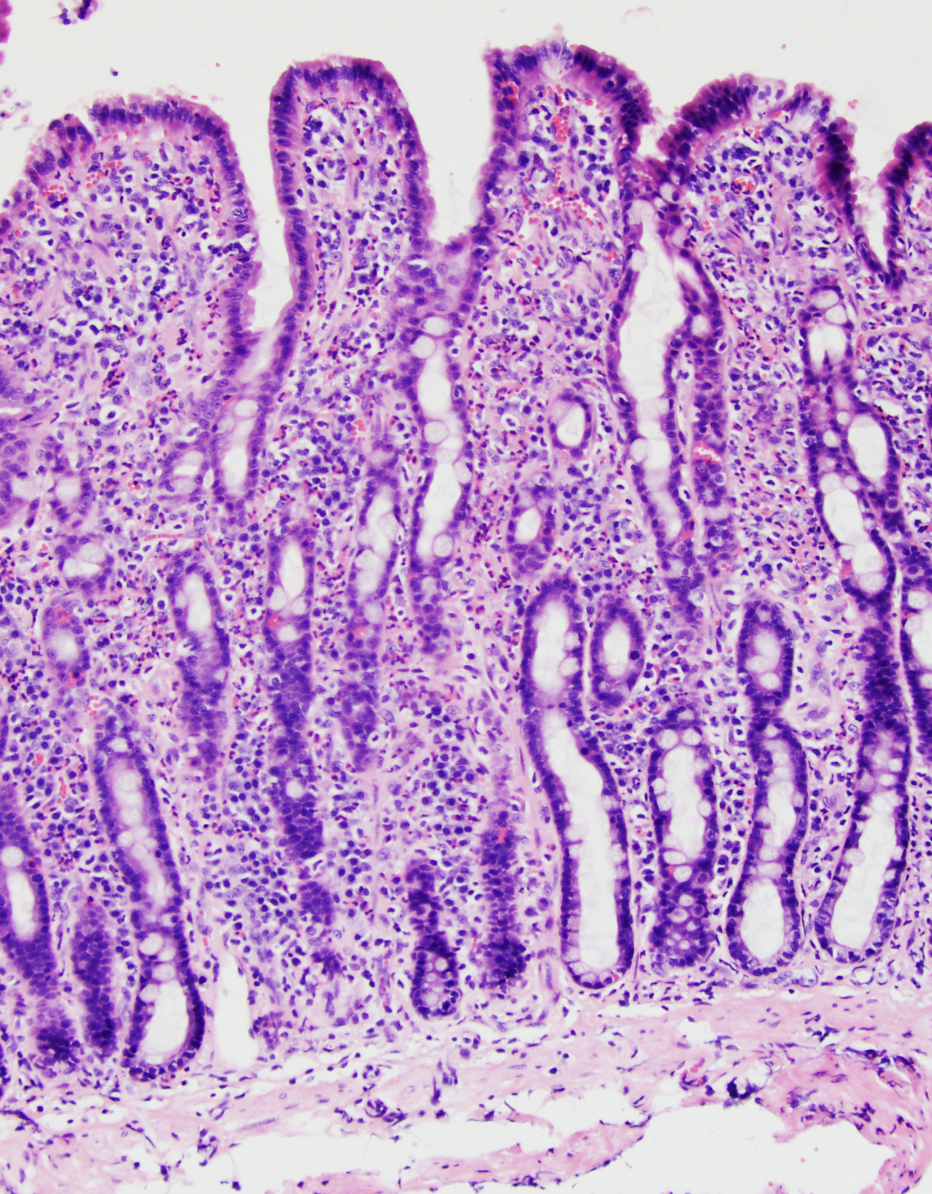



Post a Comment for "Inflammatory Bowel Disease In Horses"